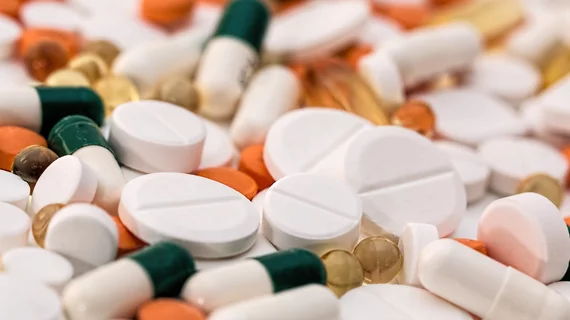The U.S. Food and Drug Administration (FDA) has confirmed that there is a nationwide shortage of Adderall.
The agency stated this week it has been in communication with drug manufacturers of amphetamine mixed salts, known under the brand name of Adderall and Adderall IR. Adderall is used to treat attention deficit hyperactivity disorder (ADHD) and narcolepsy.
Teva, one of the manufacturers, is experiencing ongoing intermittent manufacturing delays, according to the FDA. Manufacturers are continuing to produce amphetamine mixed salts, but the producers cannot keep up with the U.S. demand. While the shortage continues, the FDA noted there are alternative, FDA-approved therapies, including the extended-release version available to healthcare professionals and their patients.
“Patients should work with their health care professionals to determine their best treatment option,” the FDA said in a statement.
The shortage comes months after the Department of Justice announced it was investigating telehealth provider Cerebral for possible criminal violations of the Controlled Substances Act. Cerebral marketed itself as providing treatment for depression, anxiety disorders, ADHD, PTSD and serious mental illnesses such as bipolar disorder and opioid use disorder, with both behavioral and medication-based care. Since the investigation, Cerebral halted prescriptions for Adderall for new and current patients.

